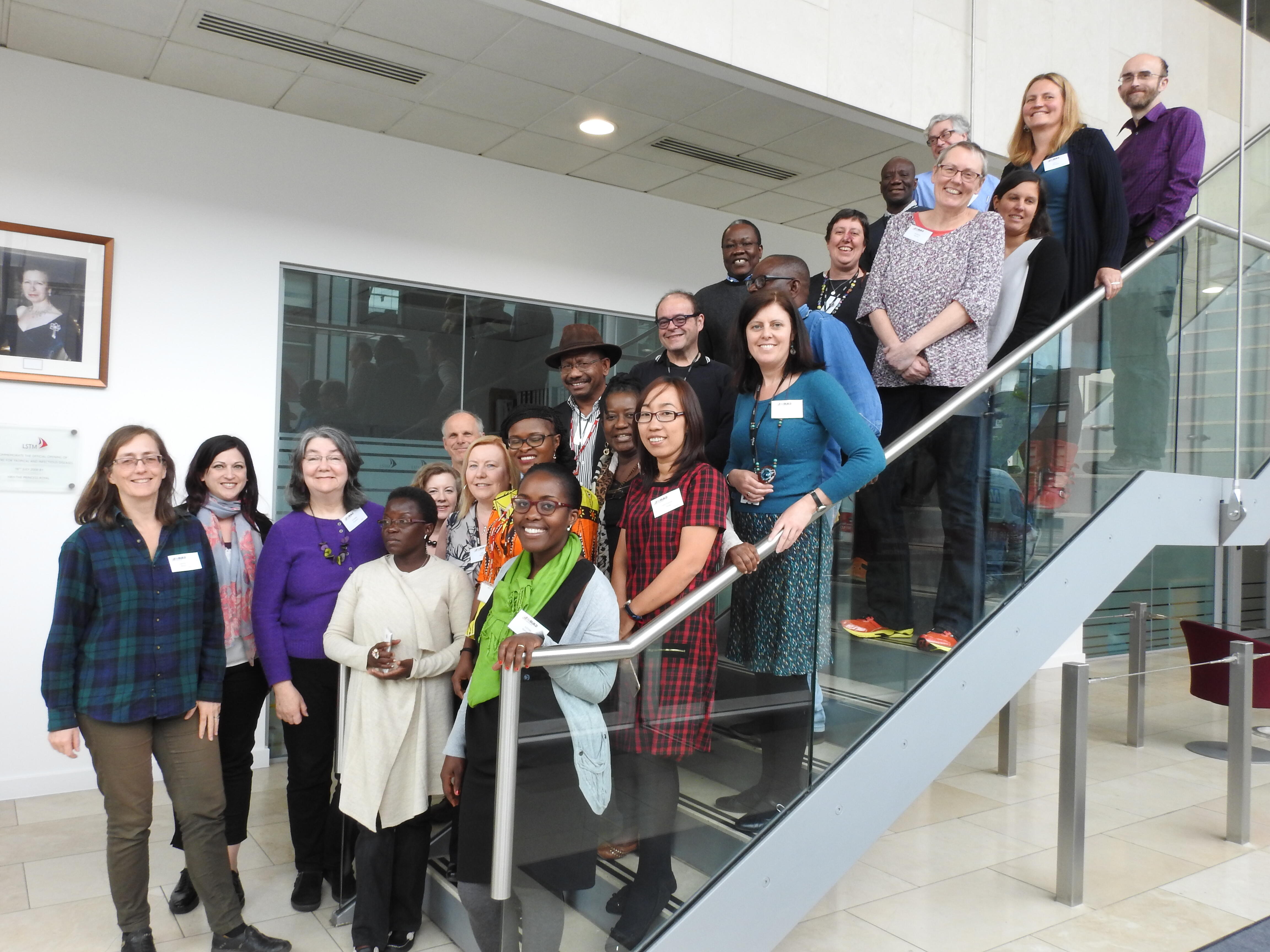
Last week saw ReBUILD Consortium partners from around the world come together for a workshop at LSTM. This workshop was to plan a £2 million extension phase to the programme, recently awarded by DFID, for an additional two years of research, partnership and engagement.
REBUILD (Research for stronger health systems post conflict) is a research consortium, led by LSTM, which focuses on health systems strengthening in fragile and conflict affected settings, with a focus on human resources for health, financing and gender equity.
The workshop brought together partners from Australia, Cambodia, Scotland, Sierra Leone, Timor Leste, Uganda, Zimbabwe to review the plans for the extension phase and to ensure they link strategically to demand for evidence at local, national, regional and international levels. The extension activities will focus both on continued and deepened engagement and research uptake from ReBUILD’s first-phase research, together with expansion of this evidence base through a range of new research. The five ReBUILD extension projects will explore (i) the impact of conflict on demography and health systems – how the gender and generational make up of households and impacts on health outcomes (Cambodia, northern Uganda and Sierra Leone); (ii) experiences of performance-based financing for health systems in fragile contexts (northern Uganda, Sierra Leone & Zimbabwe); (iii) the opportunities and challenges close to community providers face in building inclusive health systems (Sierra Leone); (iv) recruitment and deployment of the health workforce after conflict (Timor-Leste); and (v) further developing our resources on Building Back Better – strategic to enhance gender equity in the rebuilding of health systems.
LSTM’s Tim Martineau is the programme’s Principal Investigator. He said: “This is an exciting opportunity to extend the research platform and partnerships we have developed through ReBUILD and take them forward in directions which respond to need. Sadly, fragile and conflict affected contexts are on the increase and there is an urgent need to strengthen the evidence base here.”